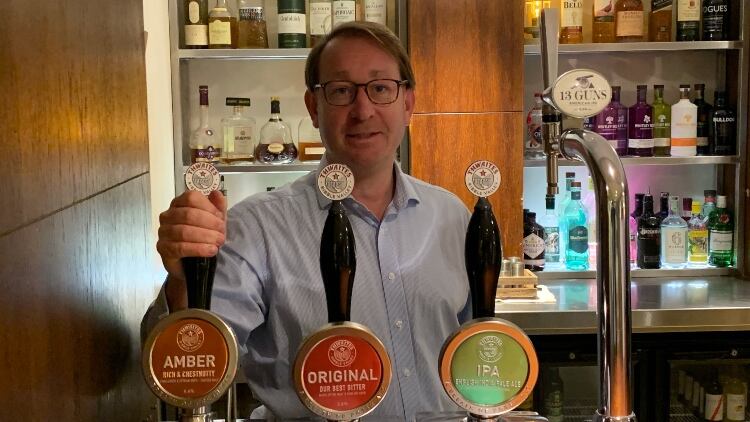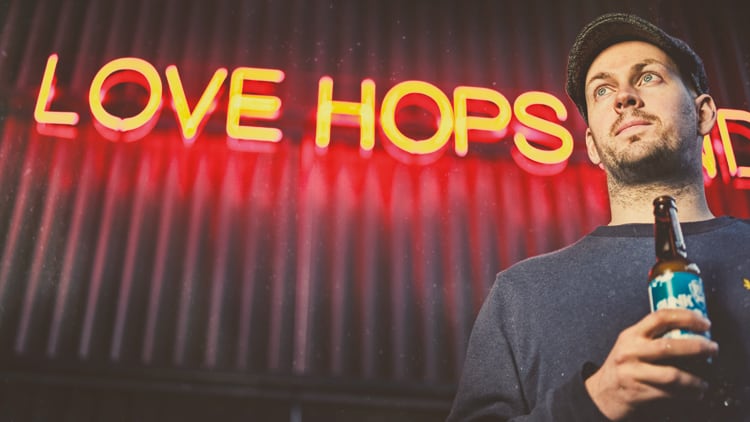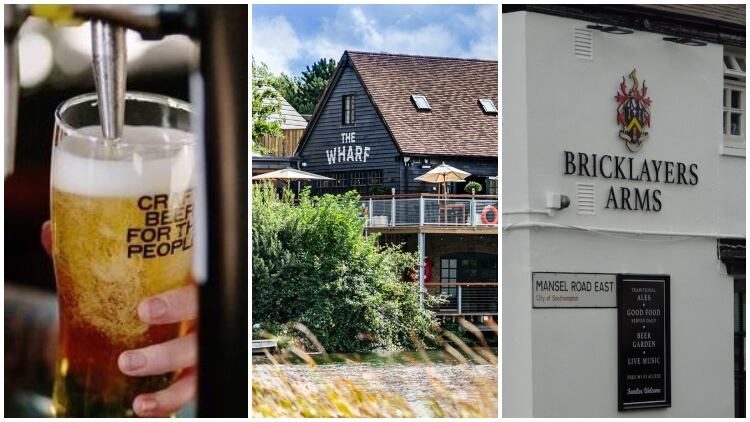The 29 members of the IFBB share close to 5,000 years of brewing experience between them – averaging approximately 166 years of brewing and pub operating each.
This means the average member has seen 30 UK Prime Ministers, six monarchs, the Crimean, Boer, First and Second World Wars and pre-dates the invention of pub mod cons such as the flushing toilet (invented in 1860), disinfectant (1868), the telephone (1876) and the light bulb (1879).
However, most pertinent is that the average member of the family brewing body – which represents 3,238 pubs across the UK – endured the Spanish flu outbreak which killed more than 200,000 in the UK and some 50m worldwide between 1918 and 1919.
"IFBB family brewers have weathered storms before, they've been around an awfully long time,” the organisations current chairman and CEO at Lancashire-based Thwaites, Rick Bailey, tells The Morning Advertiser (MA).
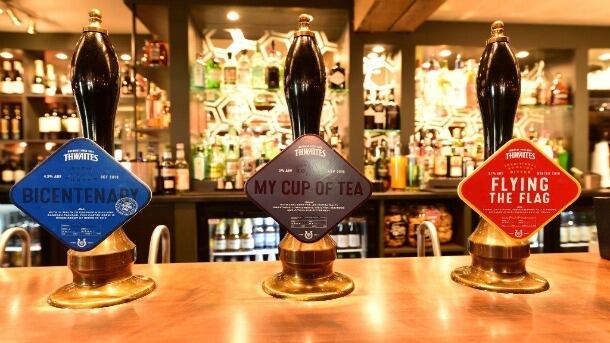
‘Conservative’ approach
But how are these pub and beer sector stalwarts – which include regional powerhouses such as Shepherd Neame, St Austell, Robinsons and Bailey’s own Thwaites – enduring the ongoing Covid-19 crisis?
The 105 days of enforced closure after Prime Minister Boris Johnson called last orders on pubs on 20 March saw sites closed for more than a quarter of 2020, in excess of 15 Olympic swimming pools’ worth of beer poured away, and more than four in every five (83%) hospitality operators furloughing at least 90% of their staff.
What’s more, based on the British Beer and Pub Association’s calculation that more than eight billion (8,059,495,997) pints were sold in pubs during 2019 – on average 255 per second – the UK on-trade missed out on selling 2,318,485,149 pints during the 15 weeks they spent shuttered.
Yet, as reported by The MA, the IFBB’s members have provided in excess of £20m in financial support for their pub tenants since lockdown began which included the cancellation of rent payments and suspending service charge and loan repayments.
“I think the thing that stands them in good stead is the relatively conservative approach to things like debt financing and the care that they put around their reputations puts them in a strong position,” Bailey tells The MA. “The family brewers have continued to invest during lockdown and the support packages for their tenanted businesses is a good example of that.
“That really is an investment in the relationships that they have with their business partners, and our members know that if they make sacrifices now then all parties will benefit in the medium term and it will help them continue to build their regional brands and reputations as responsible, value-led family organisations which are taking decisions that will underpin them in the long term and hopefully ensure their future prosperity and success.”
Bailey adds that he feels that, despite their age, IFBB members have nimbly embraced all of the new distancing and operational challenges posed by the Covid-19 crisis including Government guidance and NHS Test and Trace.
“We've got, really, universal compliance and high standards across all our members and I think that's an area where the pub industry really needs to step up and make sure that we do our bit to be responsible and protecting people's wellbeing,” he says.
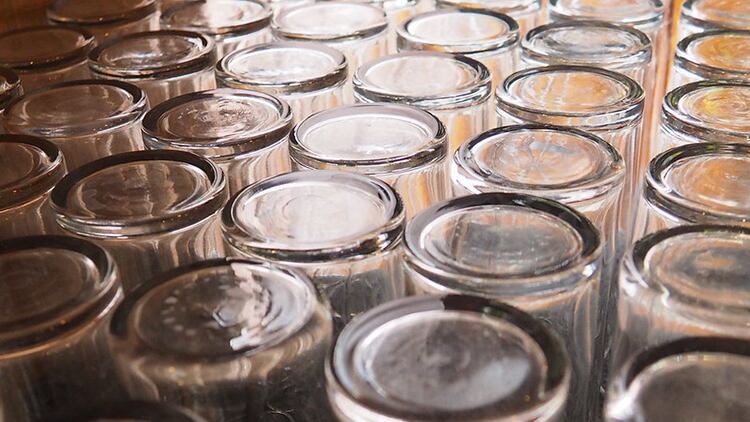
Worrying and scary
Despite deep roots, like all businesses in the hospitality sector family brewers cum pub operators were rocked by Covid-19 and faced what Bailey describes as an “existential risk” during the ongoing pandemic.
“When matters are taken out of your control and your businesses shut down it's really worrying and scary - but that's been the same for everybody,” he says.
"Like everyone else, our businesses have all had significant costs to closure and reopening, some of which have been helped out by the Government's schemes, and I think we're all thankful to the chancellor and the Government for the proactive steps they took in March and April to provide a lifeline while the industry was really drowning.”
Bailey adds that his organisation’s member brewers were faced with the prospect of battling on a number of different fronts simultaneously during the pandemic given their operation of largely tenanted pub estates alongside integrated brewing businesses.
“Running a vertically integrated business does bring a level of complexity to the operation and typically the family brewers don't have massive central structures so Covid has really stretched them because decisions and plans and actions have had to be made and implemented across all areas of their businesses at once,” he explains.
“They're really quite complicated businesses, and that means without those big central structures our members' teams have been really pulled in all directions at once and they've really had to go the extra mile to get their companies through.”
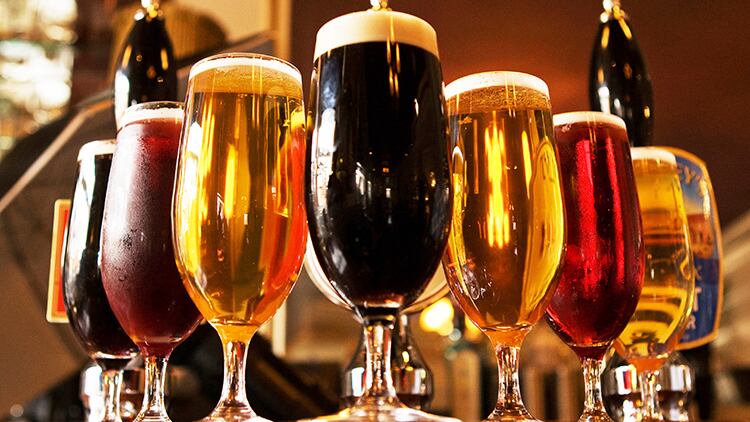
Managing businesses ‘day-to-day’
However, Bailey’s praise for the Boris Johnson and Rishi Sunak fronted Government response to Covid-19 is mitigated by his view that more clarity is now paramount in ensuring that the IFBB’s 29 family brewers – which count more than 3,238 pubs and 47,000 workers under their remit and contribute more than £2.1bn in gross value added to the UK economy – can continue their recovery.
"I think we're all very worried about how the pub industry will fare once schools go back and what happens into the months of October and November when we've got darker evenings, when the outside areas of pubs won't be so easy to use and when capacity the constraints that we've currently got really bite,” he says.
"I think there's still so much uncertainty and we've heard conflicting messages about relaxation of distancing - and distancing is such an important point for pubs.
“[We need] some clarity about how the Government sees the further relaxation of measures over the coming winter months when the beer gardens are shut, when capacity is reduced and when pubs might face much more difficult times.”
Bailey adds that come the latter part of the year his organisation would like the Government to review the VAT cut on food, soft drinks and accommodation as he believes it would benefit both the hospitality industry and the supply chain by stimulating demand.
“I think the whole industry is focused on trying to avoid mass redundancies and things like the VAT cut and the Eat Out to Help Out scheme have really helped that,” he says.
“I think there are measures that the Government can take in the coming months and I'm sure they're considering them, but I think we just need more clarity about how this all progresses because at the moment our time horizon is very short and we're really managing our businesses from day-to-day.”
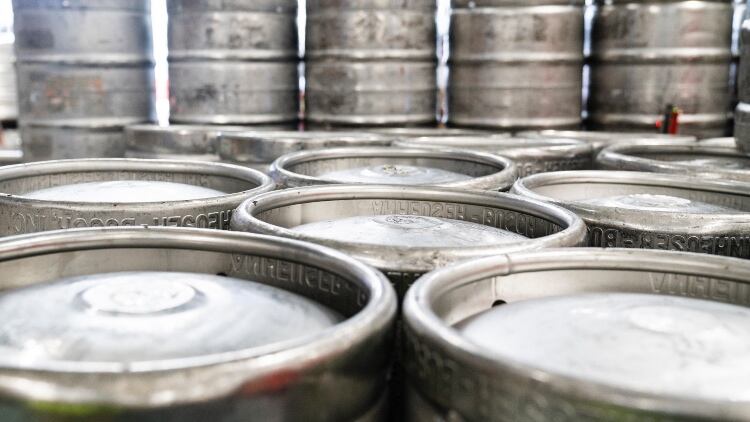
Pubs have always adapted
Ultimately, does Bailey believe that the Covid-19 crisis – which has yielded more than 41,000 UK deaths at the time of writing – has fundamentally changed the way the IFBB’s members operate after almost 5,000 years of collective experience?
"It's changed the way that people operate in every area of the hospitality industry,” he tells The MA.
“I think like everyone our members have looked to simplify and streamline their operations be it through online ordering or table service or how they service their outdoor areas or simplifying their menus – there are lots of things that have been done over the past few months to open up and get pubs trading again.
“I suppose what people will be thinking about now is how do we winter-proof outdoor areas, or how can outdoor areas be used as we come into the winter months.
“I think there are changes that will come out of this that will stay, I don't think they're unique to the family brewers but I think the industry will come out looking slightly different. Life is always changing and pubs have always adapted, they're good at that and they can move quickly when they want to.”
Bailey adds that ultimately the ongoing challenge for pubs is to continue to adapt, to try and get ahead of changes and understand what customers want and give it to them in the best way that they can given ever-changing and challenging times.
"The playbook on the 'new normal' is being rewritten almost every day because the world is changing very fast around us,” he continues. “But I think the opportunity, if there is one, is for people to come out of this with strong brands and reputations and that can only be done by being responsible and giving clear leadership to your teams in a way that is closely aligned with the values of your business.”

